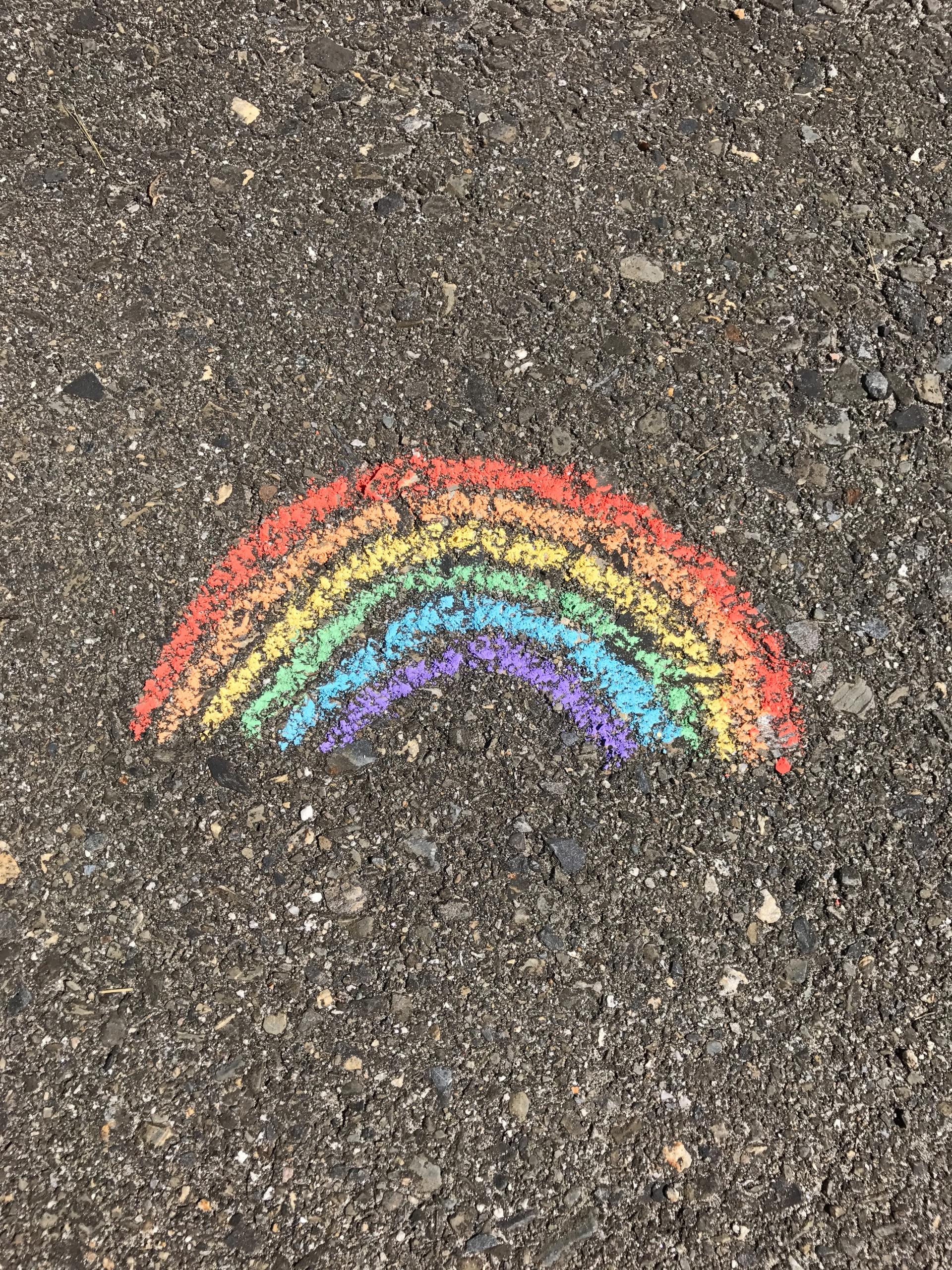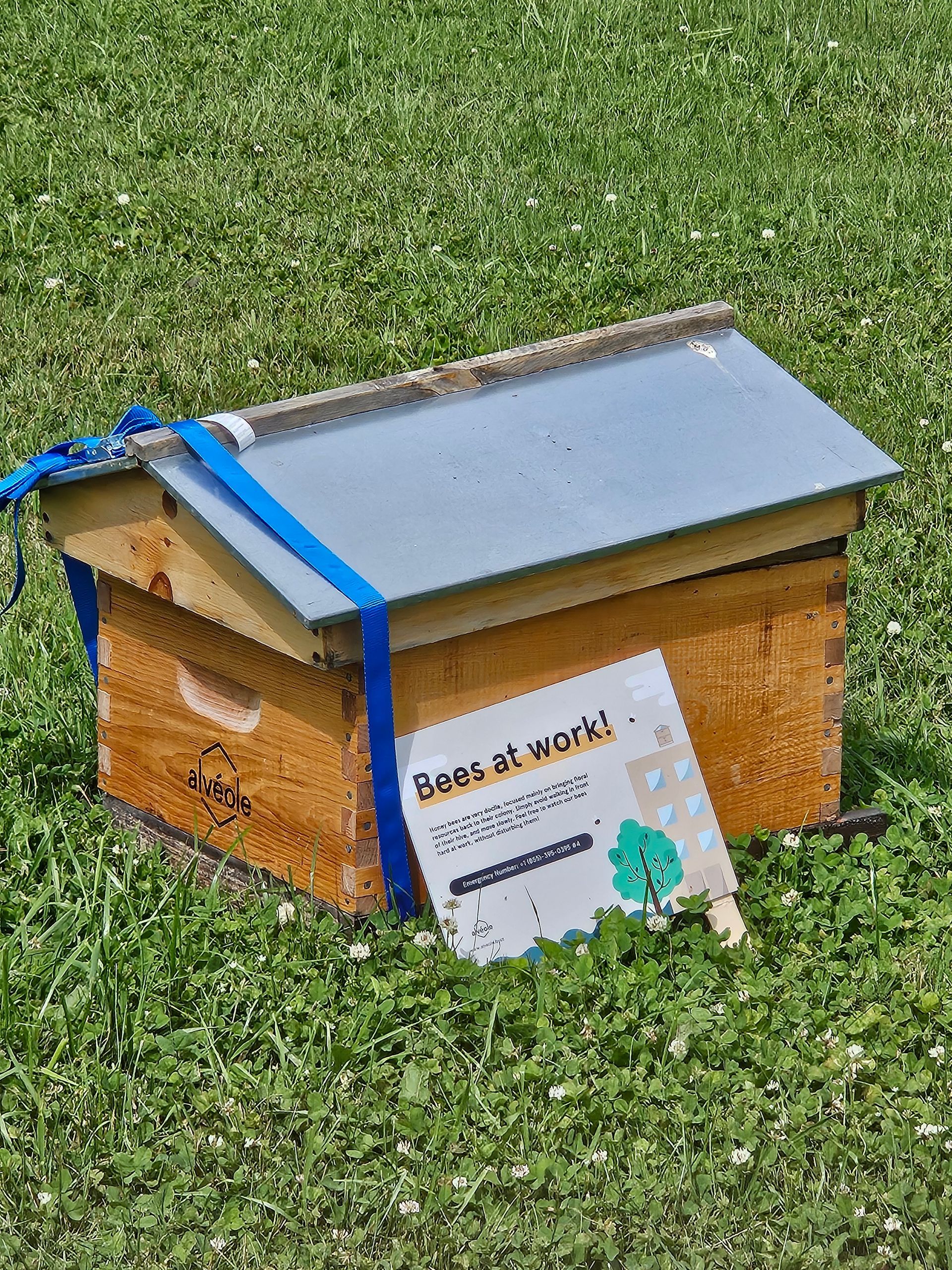A H Harry Oussoren • September 11, 2020
Restitution for Stolen Lands 2

In March, I wrote a piece on my Pilgrim Praxis blog (https://www.minister.ca/restitution-for-the-stolen-lands) in response to a film recently produced by the Anglican Church of Canada dealing with the 15th century Doctrine of Discovery
(also the title of the film) by which European monarchs were “authorized” to claim as their possessions any territories their explorers might “discover.” This blatantly illegitimate ecclesiastical authorization continues to be at the core of the ongoing Canadian struggle between the Crown and Indigenous peoples.
Because it was an act of the Christian church that launched this invalid and unjust authorization and provided the basis for the colonizing French and British Crowns to steal the Indigenous lands of northern Turtle Island inter alia, I believe this ongoing historic illegal situation must be challenged and transformed.
Since writing this, I have been consulting and reading, confirming both the importance of the topic and my concern about it. The two books which have helped deepen the background are Bob Joseph’s “21 Things You May Not Know about the Indian Act”
[Port Coquitlam, Indigenous Relations Press, 2018] and Arthur Manuel’s “Unsettling Canada – A National Wake-up Call”
with an afterword by Grand Chief Ronald M Derrickson [Toronto, Between the Lines, 2015].
It is clear to me that the Government of Canada has not been willing to acknowledge that the Crown has long been operating illegally, as if the “Doctrine of Discovery’s” authorization still has validity. By refusing to acknowledge that Indigenous peoples have title and rights to 98% of their traditional lands, Indigenous peoples are being forced to seek redress from the Courts to assert their rights.
This is and has been both a lengthy, costly, and wearying struggle which the governments can and do manipulate. With endless resources, governments resist any claims that Indigenous peoples, without adequate financial resources, may make – notwithstanding the fact that the Supreme Court and other bodies, including the United Nations (2007 UN Declaration of the Rights of Indigenous Peoples see sections 26, 28,29,32, & 45) have affirmed the validity of Indigenous claims and rights.
The manipulative process will continue as long as governments refuse to take seriously the Royal Proclamation of 1763 and Section 35 of the Constitution Act (1982). The latter affirms Indigenous people’s rights “with entrenched powers over such matters as self-government, lands, resources, economic and fiscal arrangements, education, preservation and enhancement of language and culture, and equity of access.” (p. 79. Manuel, Unsettling Canada).
Instead the federal government and others resist and continue to seek to deny and extinguish Indigenous title and rights related to traditional lands – notwithstanding pious claims by the federal government about honouring “law and order”.
Not even the call of the Royal Commission on Aboriginal Peoples (1990s) to the federal government was taken seriously. The Commission’s first recommendation was for the federal government to repudiate the racist Doctrine of Discovery and the terra nullius
(unoccupied lands) concept as morally and legally wrong, and to acknowledge Indigenous title to the remaining 98% Canadian lands – not just the 2% set aside for “reserves”.
Even the Supreme Court of Canada’s 1997 Delgamuukw
judgement confirming the real proprietary rights to Indigenous lands has not changed the federal government stance. “Paragraph 109 of the decision clearly stated that the Crown’s constitutional “Interest” is subject to the Indian constitutional “Interest” so long as the Indian “Interest” has not been sold to the Crown by valid treaty.”
The decision also gave weight to “historical possession and, equally important, to [Indigenous] oral traditions in determining title” (Manuel, p. 112 f.) confirmed in the Supreme Court’s June 2014 Tsilhqot’in
decision.
Unless the federal government takes seriously these affirmations, Indigenous peoples will be forced to continue the wearying, but honourable struggle for law and order and will continue to be unable to reap in an equitable way the benefits of the lands which traditionally and always belong to them.
Because this heavily burdened negotiation process is an ongoing illegitimate and amoral government strategy, I wonder whether an interim measure might at least be able to reap for Indigenous owners some more of the financial benefits of Indigenous land title.
I propose that the Indigenous peoples as title holders of all non-ceded lands make claim – even as court cases for specific properties continue to be fought – for an ongoing 1% surcharge on every real estate transaction that takes place in Canada. The Indigenous land ownership surcharge
would be a part of every property sale in Canada. Federal courts would be asked to legitimize the claim if the federal government did not legislate it first.
According to the Canadian Real Estate Association, residential sales in Canada were valued at $224,594,825,662 in 2018 and $244,985,869,459 in 2019 (I have not yet been able to access stats for commercial and other property sales). One percent of these residential sales alone would have generated $2,245,948,000 in 2018 and $2,449,858,000 in 2019, i.e. between $2 Billion and $2.5 Billion dollars.
The purpose of the surcharge is to give meaning to the ritual acknowledgement of “traditional Indigenous lands” that currently takes place in most meetings and gatherings AND to acknowledge that lands and properties being sold on off-reserve unceded lands (not to mention ceded and otherwise “legally” acquired lands) are being “occupied and used” by non-legal occupants and corporations, often licensed by the provincial or federal Crown for their own and governments’ benefit, but with little or no benefit to the Indigenous owners. The surcharge would witness to the fact that Indigenous lands have been and are illegitimately exploited and plundered by colonial settler persons, corporations, and governments. These occupiers have been enriched while generations of Indigenous owners have been and continue to be impoverished and forced into subsistence living.
The surcharge revenues would go into a Restitution Fund stewarded by Indigenous peoples for whatever purpose Indigenous peoples would themselves determine. The Canadian government would be required to continue to fund programs as currently constituted.
The 1% surcharge on property sales would be in force as long as federal and relevant provincial governments fail to recognize Indigenous land titles and rights – as long as these governments refuse to honour law and order. Ceding lands or extinguishing Indigenous title and rights to the resources would under no circumstances be on the table.
Upon a real acknowledgement of the core legal realities, the surcharge could be phased out while plans for more just, equitable, and environmentally sustainable cooperative stewardship of Indigenous lands are implemented.
The claim to the courts would need to be made by Indigenous peoples together seeking justice from the governments of Canada. Indigenous persons I have consulted indicate that how this collaborative effort is organized needs to be carefully thought through. Arthur Manuel indicates that the federal government has been highly effective in dividing Indigenous voices.
I recognize that as a settler myself, that I am part of the problem. I willingly acknowledge this but am also committed to being part of a process which removes this crucial impediment to just restitution and reconciliation between Indigenous and settler peoples in Canada. I believe this is a goal which is part of the Creator’s plan, despite the long history of abuse and breach of principles of law and order in northern Turtle Island. Injustice and oppression caused by racist and religious hubris and false superiority may not continue.
All persons of goodwill and good faith are called to work together to transform this injustice so that shalom rooted in just relations – two-row-wampum - may abound.

